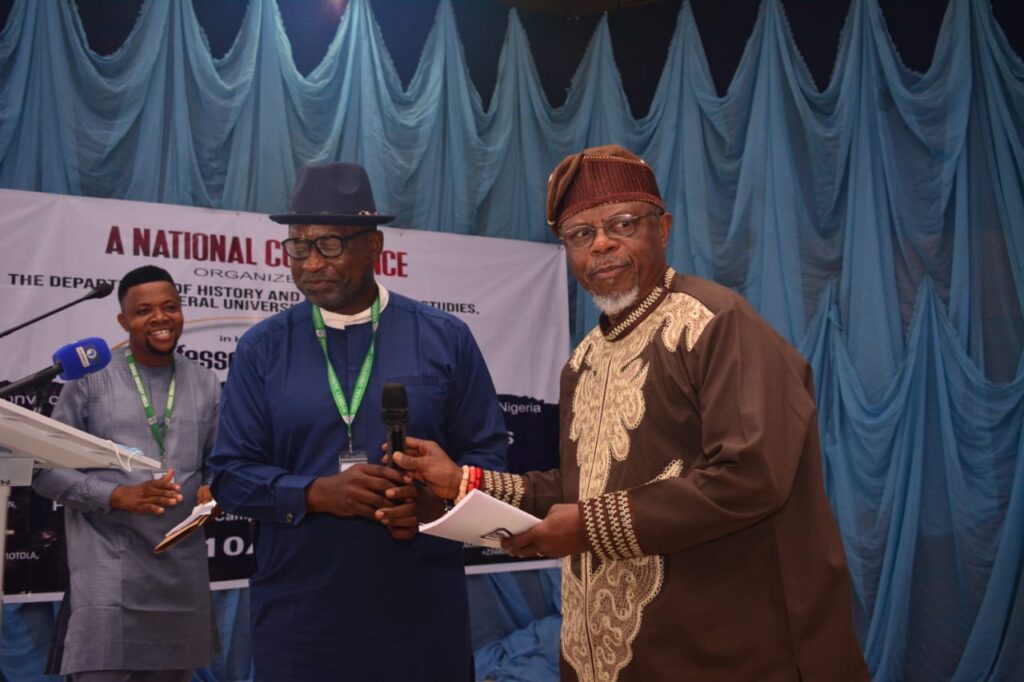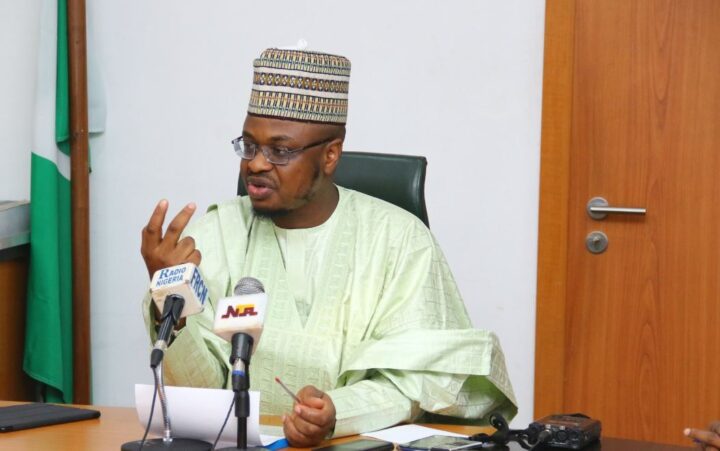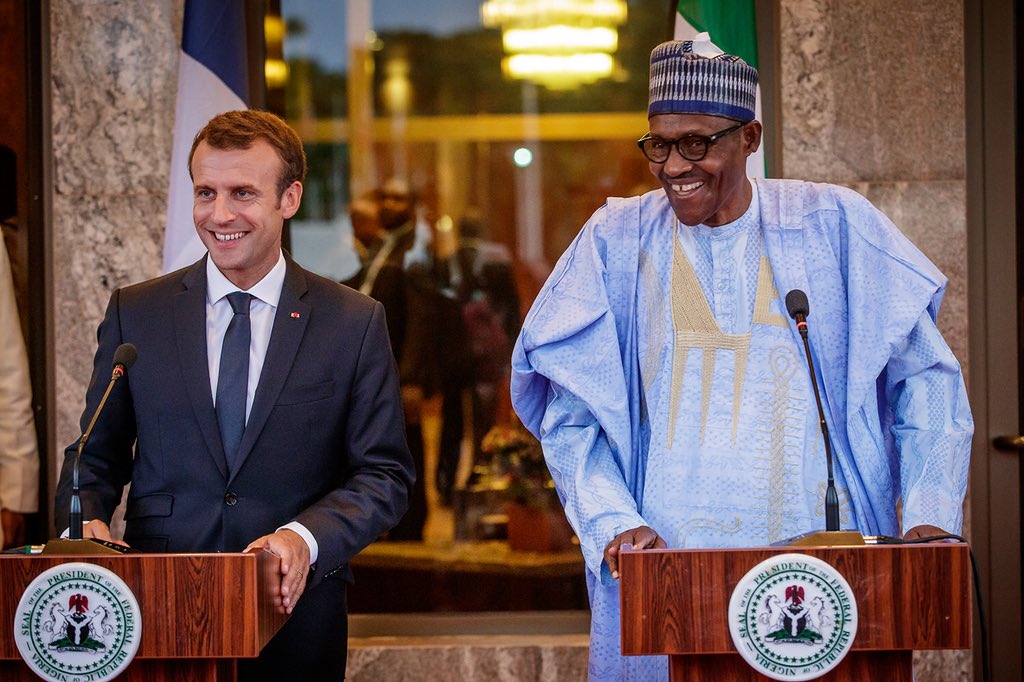File photo
The Association of Vice-Chancellors of Nigerian Universities has advised the federal government to learn from the experiences of countries with similar experiences on banditry.
Yakubu Ochefu, secretary-general of the association, said this while delivering a keynote address at a one-day national conference organised by the department of history and international studies, Federal University Lokoja, in honour of Toyin Falola, a professor of history at the University of Texas.
The theme of the conference was ‘Insurgency, Armed Banditry and Ethno-religious Conflicts in Central Nigeria’.
According to Ochefu, the government needs to ensure that victims of banditry get justice.
Advertisement
“The Nigerian state must be seen as willing and able to instill a sense of justice to the underlying issues that drive people to take up arms against each other and the state. The nexus between ancestral owners of lands, migrants, settlers has to be couched in a legal constitutional framework to address the perspectives of each group,” he said.
“Addressing the question of who are the combatants; who trains and arms them? Who provides security and judicial cover for them? As you may bear witness, how many persons have been successfully prosecuted in this country in crimes involving communal crisis?
“The region should leverage on some of the experiences of other African countries that have been on this path before and how they managed the problem. We can take advantage of developments and trends in technology and innovation in agriculture, especially in terms of new ways of feeding farm animals. We must invest in livestock genetic technologies and the use of radio frequency identification for range management.”
Advertisement
On his part, Olayemi Akinwunmi, vice-chancellor of the Federal University Lokoja, expressed optimism that the conference will provide recommendations on improving security in the country.
“You will agree with me that in the last decade, Nigeria has been besieged by devastating activities of insurgents, armed bandits, and violent non-state actors. In what appears to be a free-for-all, the entire country seems to be enmeshed in a theatre of violence, with an intensity that is unprecedented since Nigeria’s return to civil rule in 1999,” he said.
“Among other factors, this phenomenon has been compounded by the unchecked proliferation of arms, the porous state of the country’s borders, the seeming lack of political will to bring perpetrators to justice, and the incessant agitations for resource control.
“It is my hope that the interactions and outcome of this conference will provide steps for the Nigerian government to resolve one of the most disturbing challenges that have confronted the nation.”
Advertisement
He also said the university would be interested in leveraging on Falola’s influence on seeking a partnership between the Federal University Lokoja and the University of Texas.
“Putting up a conference to celebrate professor Toyin Falola’s contributions to scholarship in Africa is a worthy and noble course. In contemporary Africa, Toyin Falola has, more than any African scholar, put the narratives of the African story on global discourse and map. He has raised and nurtured young African scholars through numerous conferences organised within and outside the continent. Toyin Falola is a detribalised Nigerian, a great scholar and prolific writer whose wish and hope is for a united Nigeria where potentials are harnessed for the development of the continent,” he said.
“And finally, our university is a growing university desiring partnership on the global stage. Therefore, we want to leverage on the generosity and philanthropic kindness of professor Toyin Falola to see the potential of our students and budding young scholars and consider Federal University Lokoja as an affiliation to the University of Texas at Austin.
“It is the hope of the university community that your presence will benefit our students and academics through post-doctoral opportunities, among other exchange linkages.”
Advertisement
Participants at the conference were drawn from Africa, Europe and North America.

Advertisement





